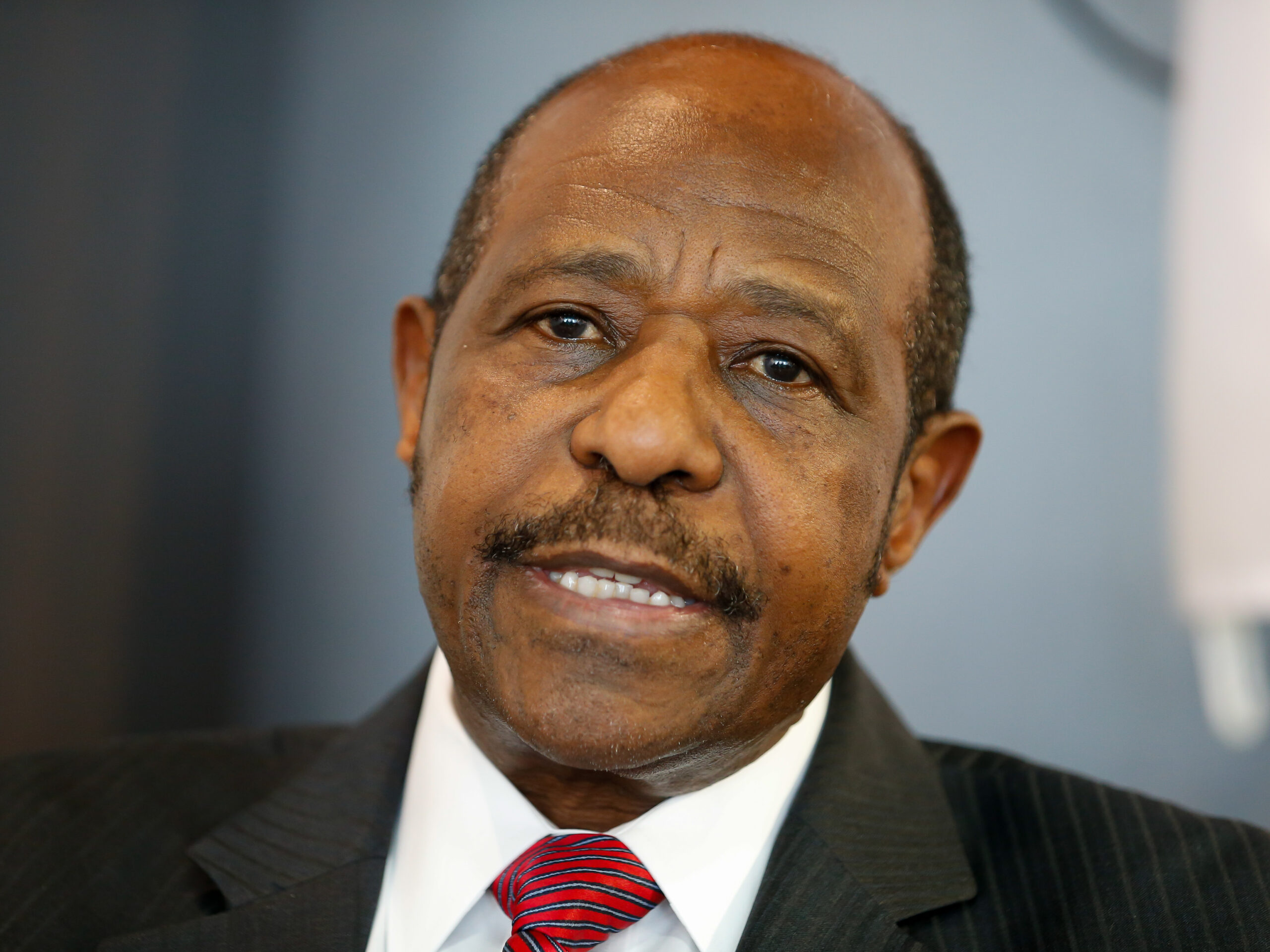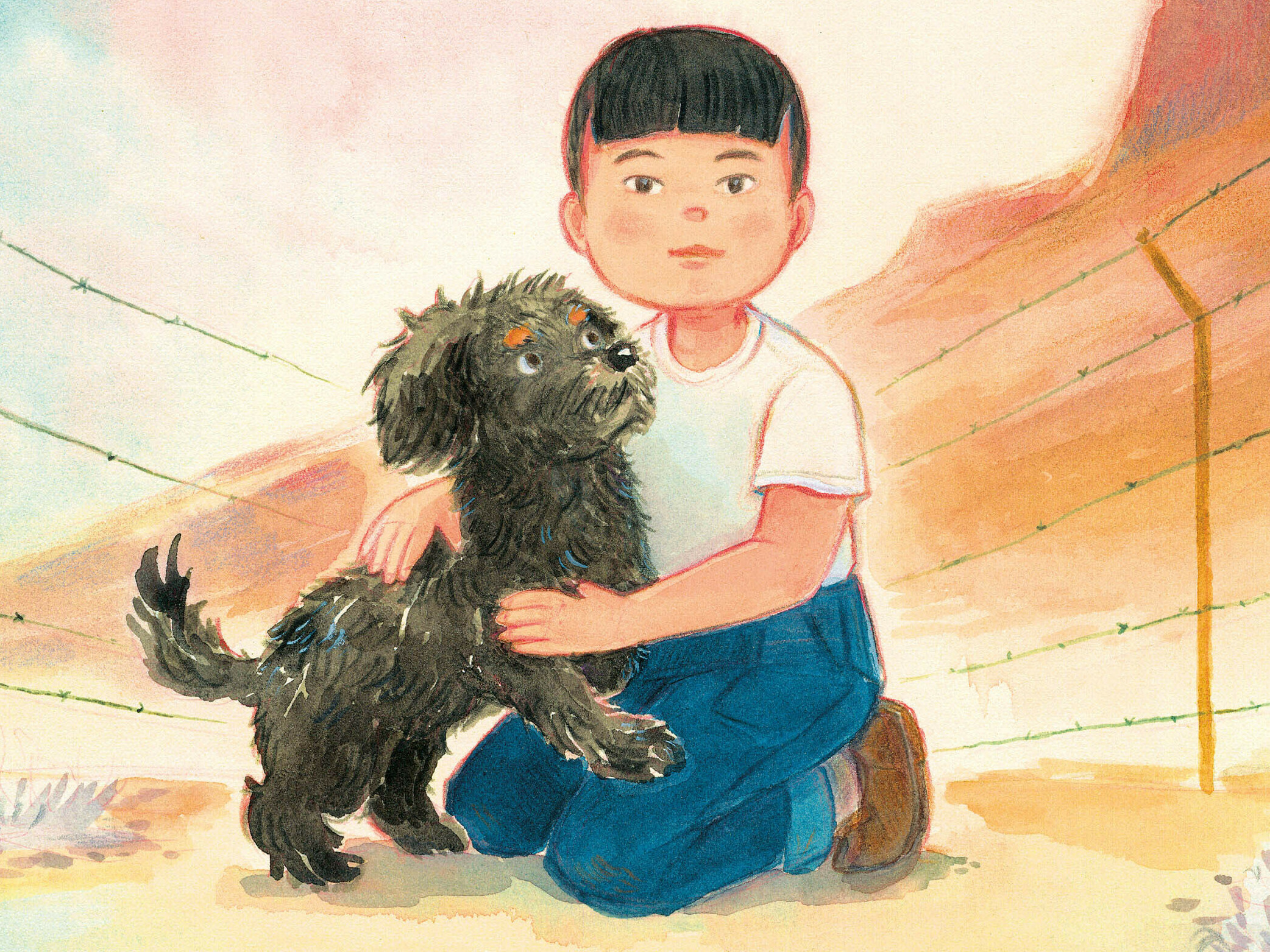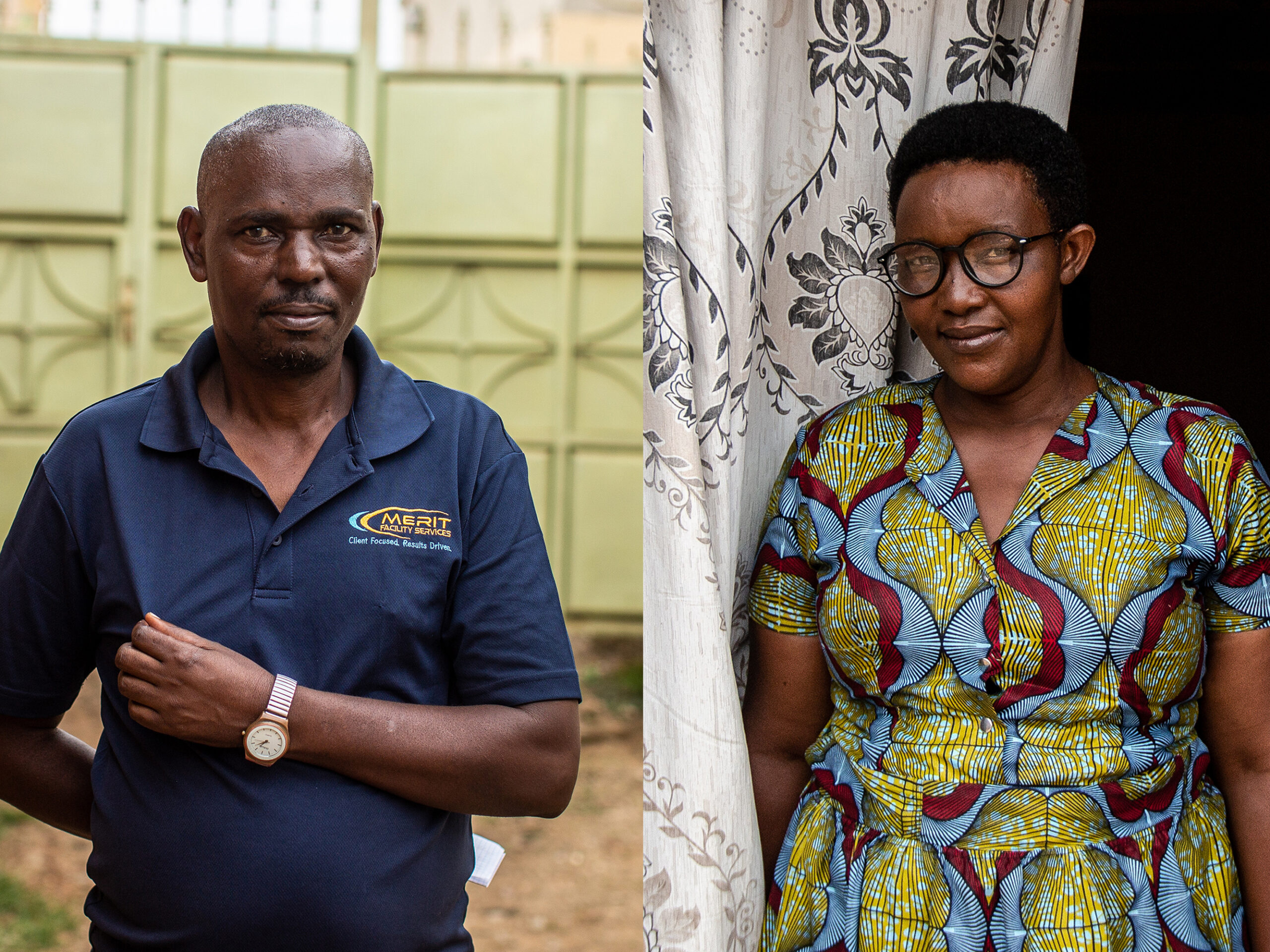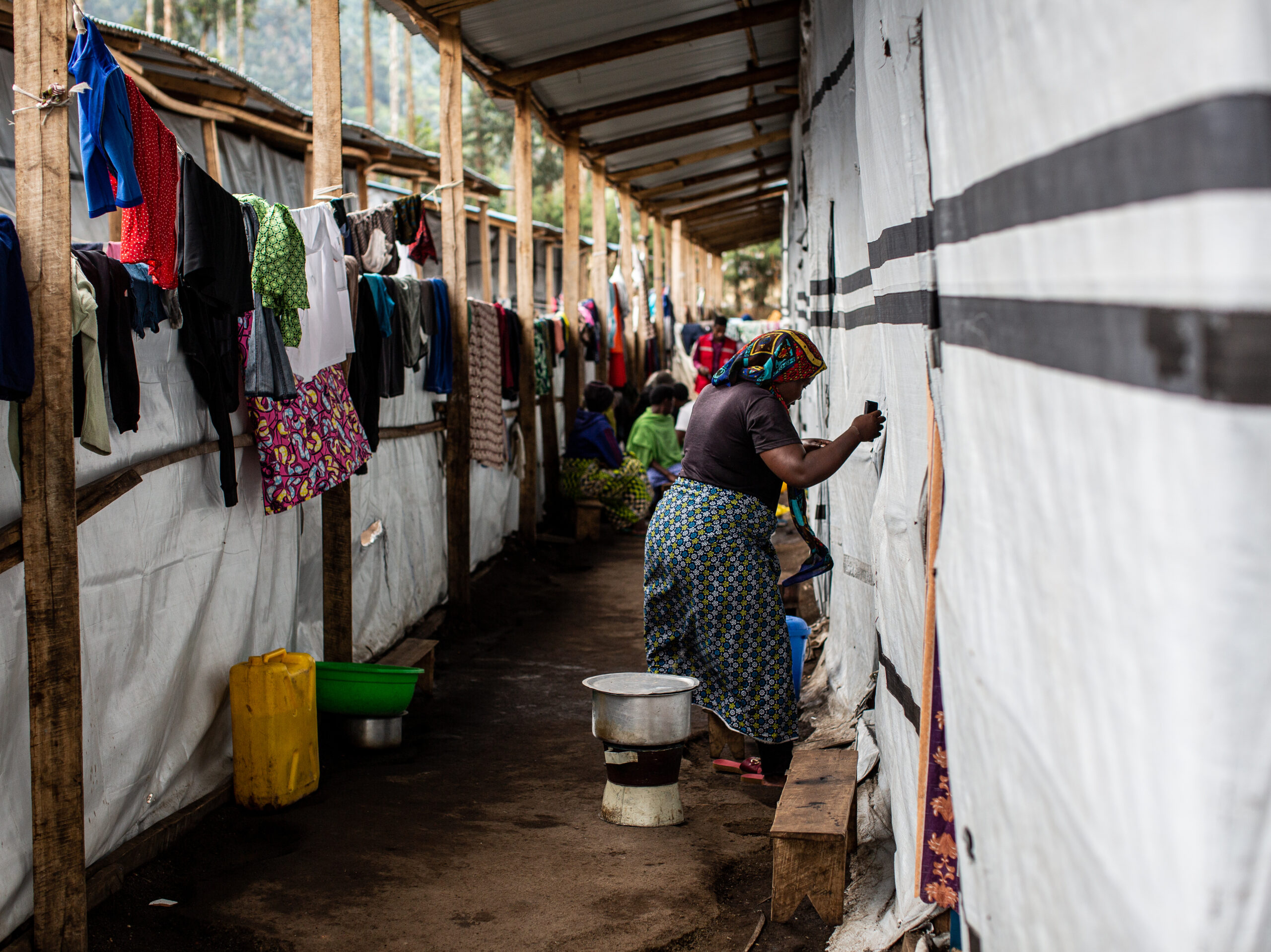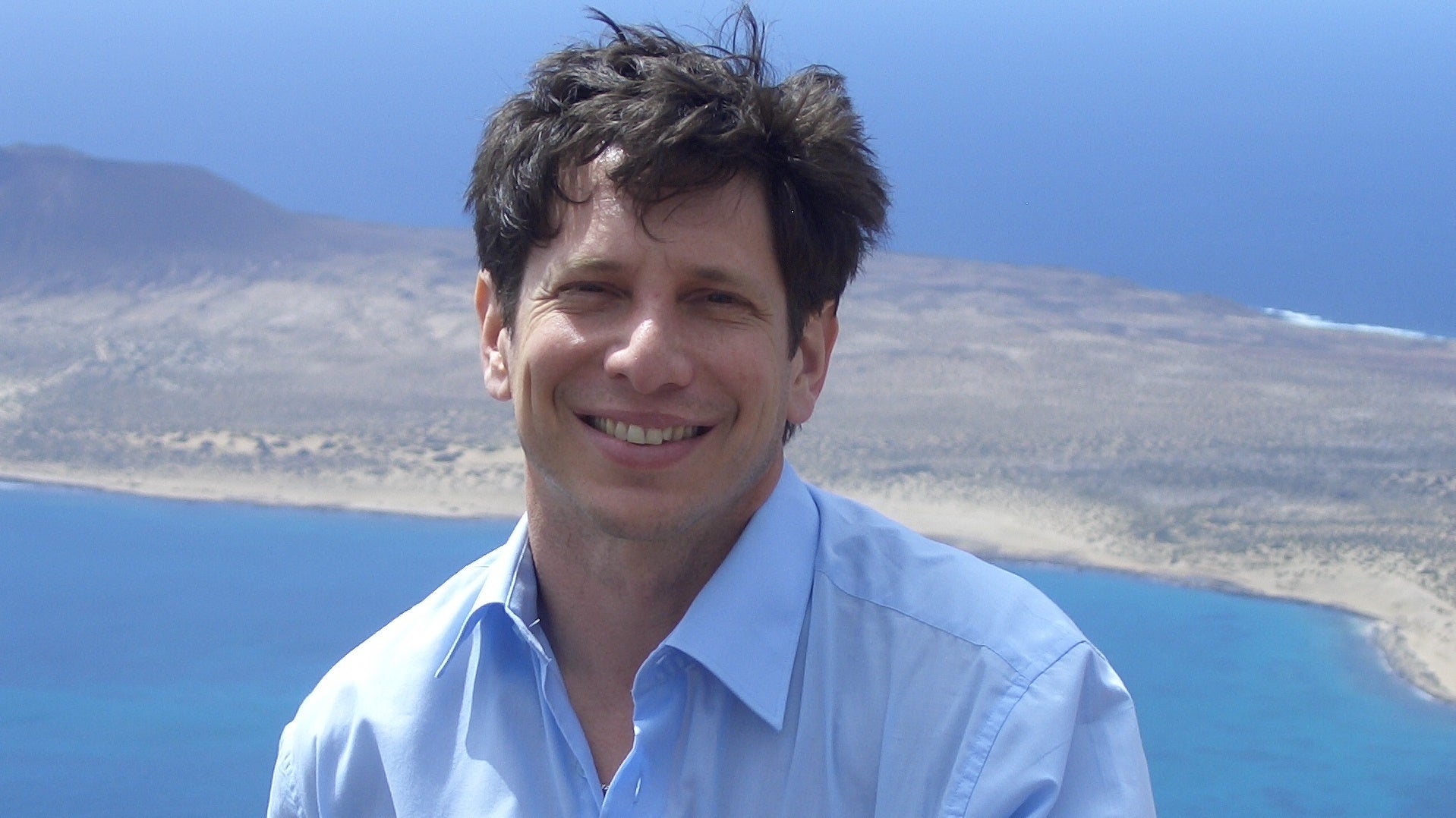From April to July 1994, the world watched as genocide unfolded in Rwanda. A million people died as neighbors brutally attacked their neighbors with clubs and machetes.
Thirty years later, the horror of the Rwandan genocide endures, but so does the humanity and bravery of Paul Rusesabagina, whose story that was captured in the 2004 movie Hotel Rwanda.
The real Rusesabagina recounted some of the details when he talked to All Things Considered host Juana Summers recently from his home in San Antonio.
Stay informed on the latest news
Sign up for WPR’s email newsletter.
“I happened to be a hotelier in 1994, and I had 1,268 people who happened to come to hide in my hotel — Hutus and Tutsis. And none of them was killed. None of them was beaten in the hotel from the beginning to the end,” he said.
Fast-forward to present day and Rusesabagina’s story has changed drastically. He hasn’t lived in Rwanda since 1996 but still cares about his country and has spoken out about the government there.
“I became an enemy. That experience was just like finding oneself in a hell where you are tortured,” he said.
Rusesabagina says he was kidnapped, tried and imprisoned in Rwanda for two years and seven months. After intervention from the U.S. and other countries, Rusesabagina was eventually released. At the time, he says he electronically signed a letter promising not to criticize the government.
“Once you are in hell, what can’t you sign? You can sign anything,” he said.
The reasons why he’s decided to disregard that promise were a focus of NPR’s conversation with Rusesabagina and his daughter, Anaïse Kanimba. And it began with a plea from his fellow prisoners.
This interview has been edited for length and clarity.Interview highlights
Paul RusesabaginaJuana Summers:Rusesabagina:Anaïse Kanimba:PegasusSummersRusesabaginaKanimbaSummersKanimbaAnd I hope that I can go to Rwanda very soon and not fear that if I’m walking in the streets of Kigali, I can be put in jail. That is my dream and my dream to go back to this country where I was born. But today I cannot. And so I would love to be able to do that in the future and be able to tell you my perspective from inside Rwanda. But that’s not possible. And I believe that my brothers and sisters who are in Rwanda, my compatriots, will find a way to let everybody else outside come back one day.
RusesabaginaAfter this interview, NPR reached out to the Rwandan government for comment. Yolande Makolo, the government spokesperson, sent along this statement, which is presented here in full: “Rusesabagina lies consistently. He was never tortured. Everyone in Rwanda can say what they want, as long as it doesn’t break the laws that govern all of us and that keep Rwandans safe.”
9(MDAyMjQ1NTA4MDEyMjU5MTk3OTdlZmMzMQ004))

